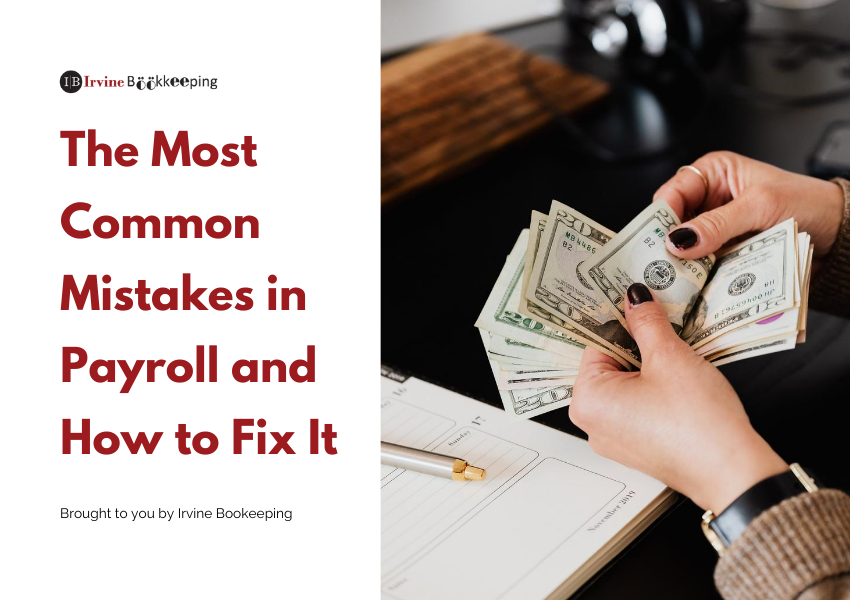
Achieving a high-level performance on payroll is no easy, but one minor mistake can make your job harder than it already is.
Business owners must have known that what happens at back-office is essentially important, too, and payroll is one of the least appreciated yet most important parts of a business. Payroll runs smoothly can bring happiness to your employees and peace of mind to you, while simple errors can negatively affect almost every level of your business.
To make sure that you won’t slip up when doing your payroll, we’ve highlighted the most common mistakes – and how to fix it – so you can avoid them and minimize the chances of getting your payroll messed up.
Setting up payroll incorrectly
Taxes are important aspects of payroll, which is also very complicated. Taxes from your employees’ paycheck has to be carefully calculated, then taxes that you, as a business owner, have to pay as well. To get it right, sign up for a payroll service, hire or outsource an accounting expert, or do it yourself using online resources from the federal, state and local government.
Misclassifying Employees
The Fair Labor Standards Act (FLSA) provides benefits and protections, like overtime pay and minimum wage, for most employees under the law. However, a growing number of freelancers, temporary workers, consultants, and independent contractors, who are not under these protections. These lead to the misclassification of employees as independent contractors or exempt.
When misclassifying happens, not only employees are denied some important benefits and wages, it also means the government is missing out on valuable tax dollars. Don’t let this turn into costly payroll errors as a result of underpayment or overpayment.
Running payroll too late
As a business owner, you have thousands of things to take care of. However, don’t forget your employees’ payday. You don’t want your employees to be unhappy while working, do you? It can also create costly mistakes. You can overpay or underpay your employees if your deadline’s coming and you’re rushing the payroll processing. After that, you have to sit down to fix it, and even face fines. These can be managed by putting up the alarm for payroll week.
Failing to keep complete records
Whether you’re a big or small business, “audit” is the word dreaded by many people.
The FLSA requires employers to keep three years’ worth of pay records, including hours worked, payment rates, payroll dates. While these sound like a lot, but some states even require even more, with records dating even 4 to 6 years. Make sure you check this information with the state labor office.
Not only does this data keep your organization safe in case of a future audit, but it’s also a huge help to run your payroll more smoothly.
Bad bookkeeping
You have to integrate payroll into your books. After all, it has a direct effect on your cash flow. And please, don’t leave too much responsibility on bookkeeping software. Sure, it can be updated automatically into your books, but you have to check and put in data if necessary to prevent missing information. Knowing how much you have in your books at any time can help you with deciding how much to invest in your business and employees.
If you don’t want to deal with it, or you still having trouble after trying to do it yourself? Get a professional bookkeeper or accountant.


Comments